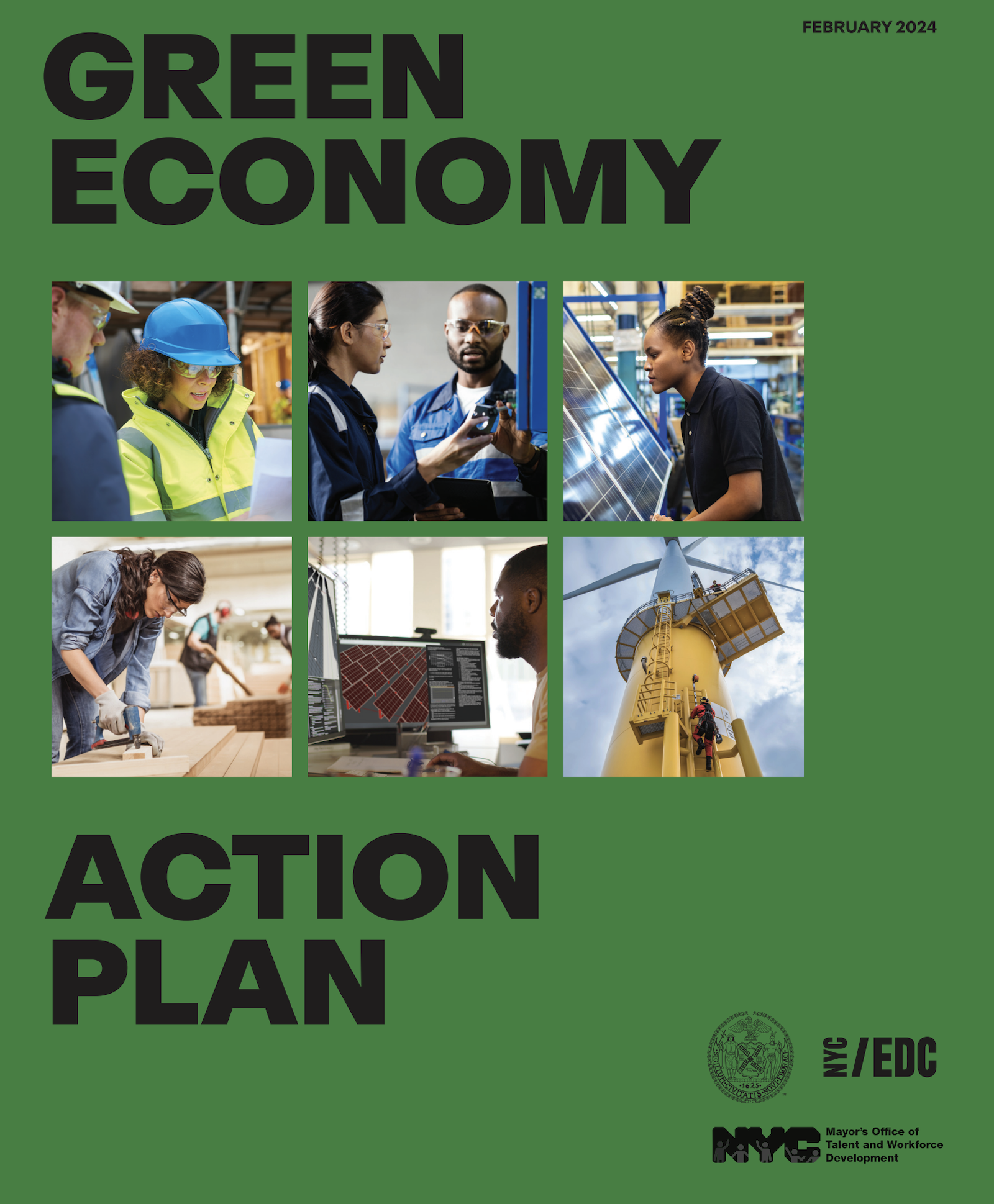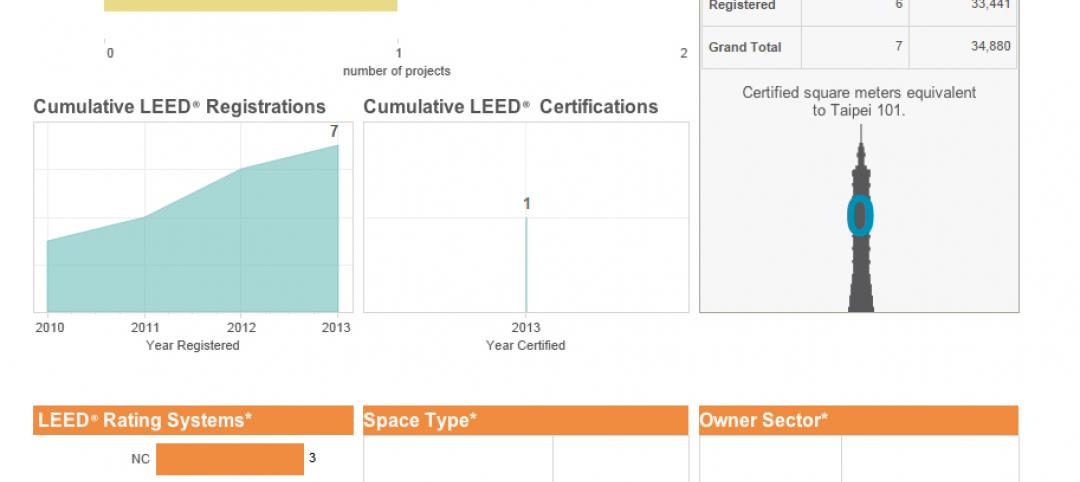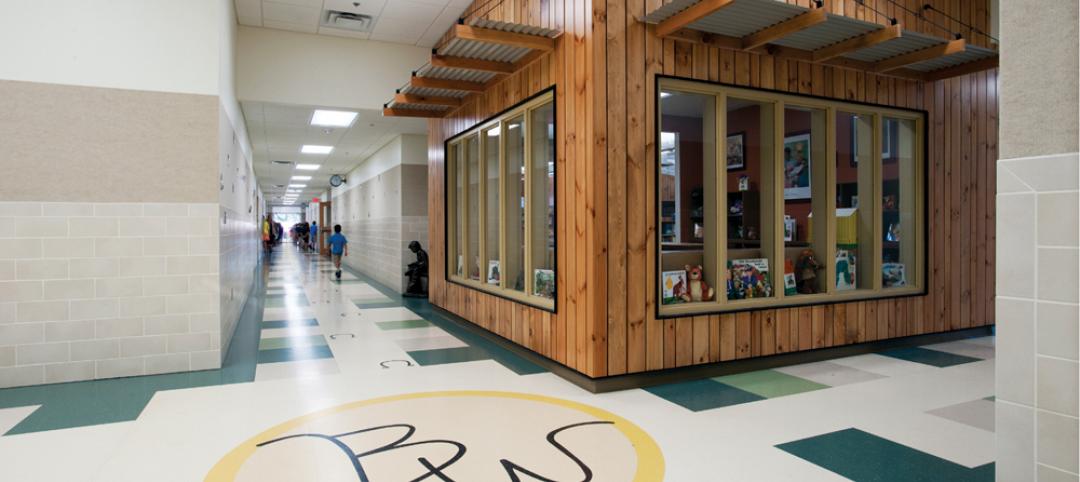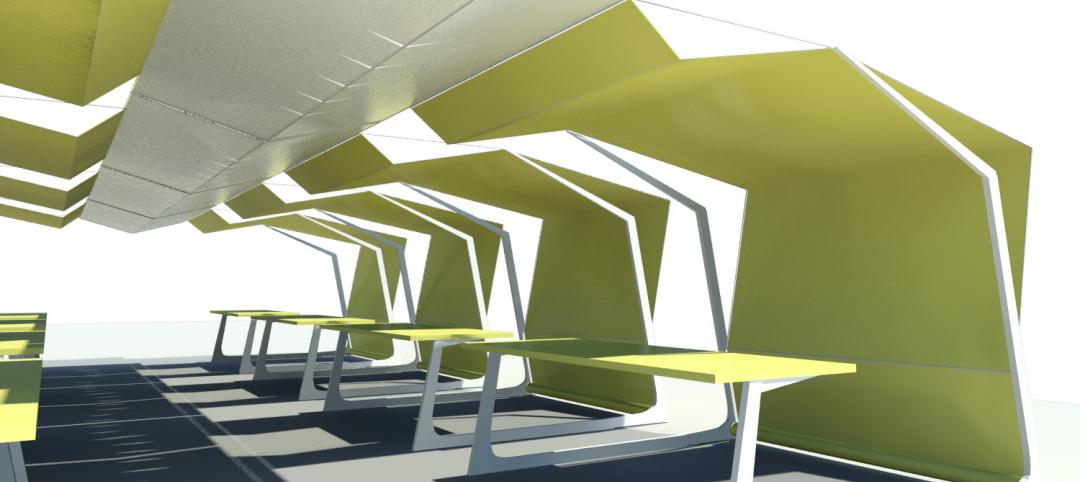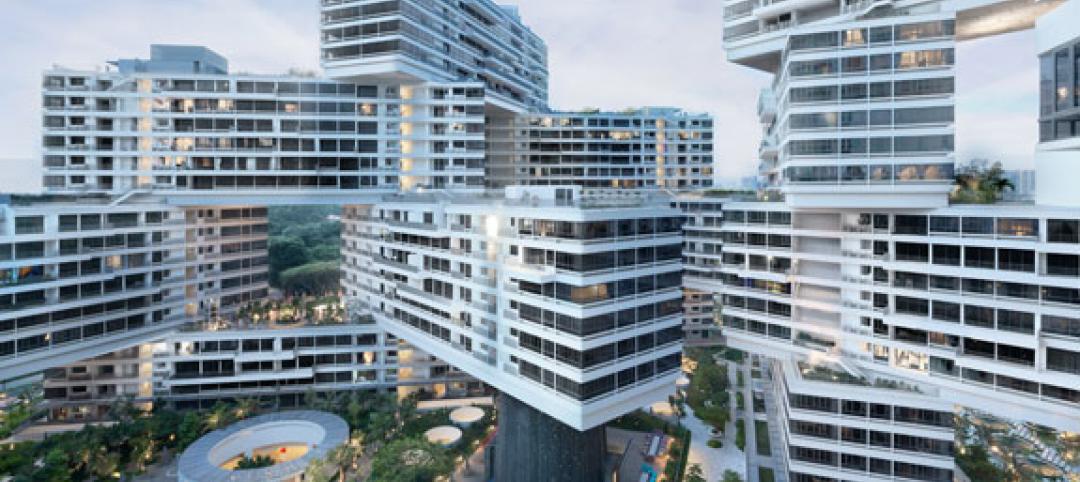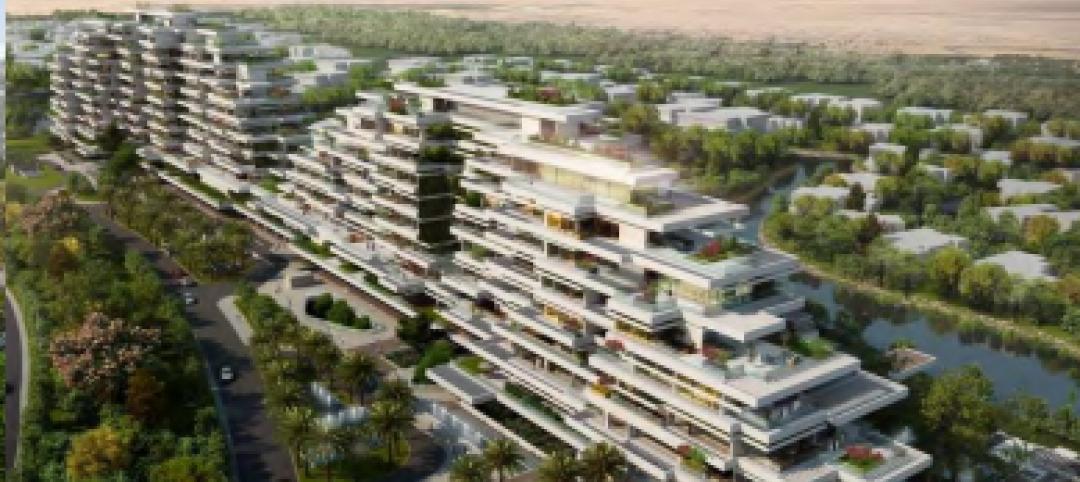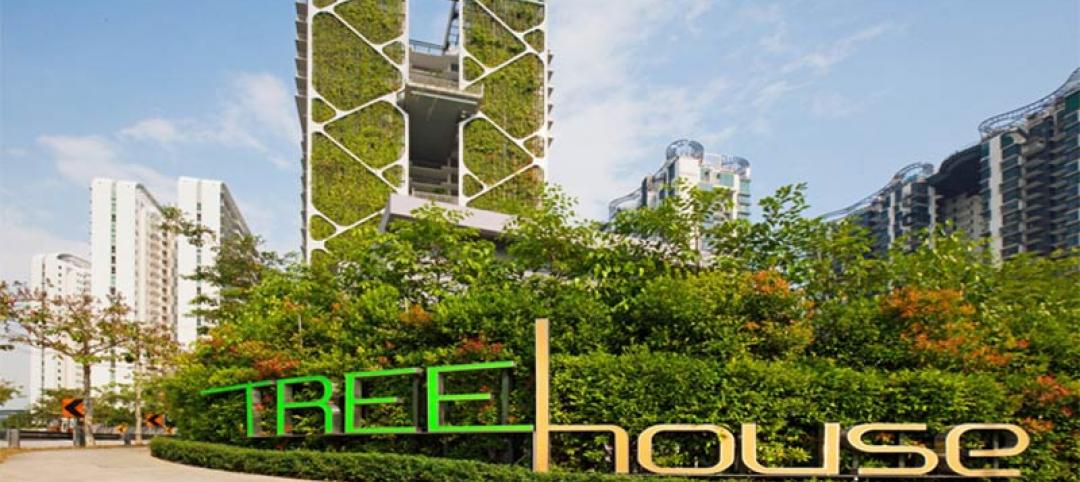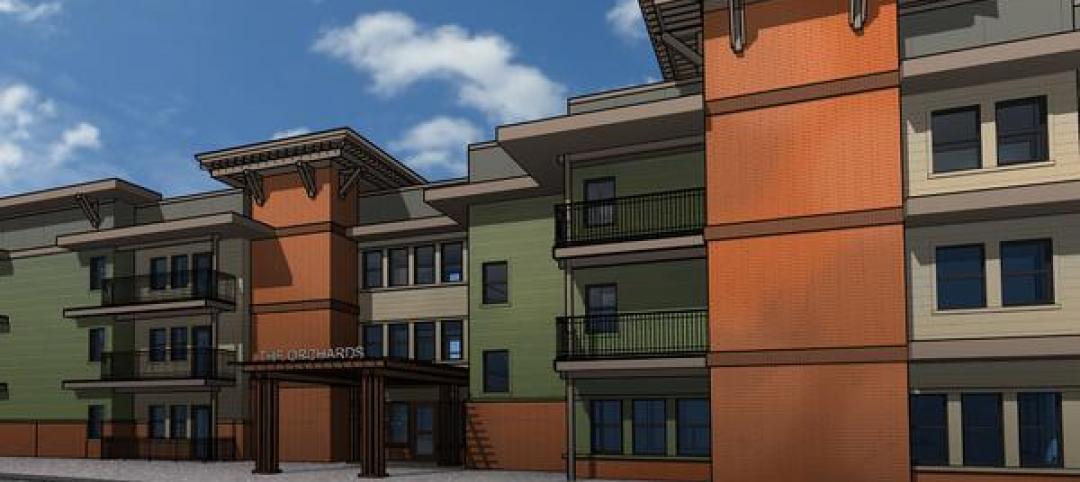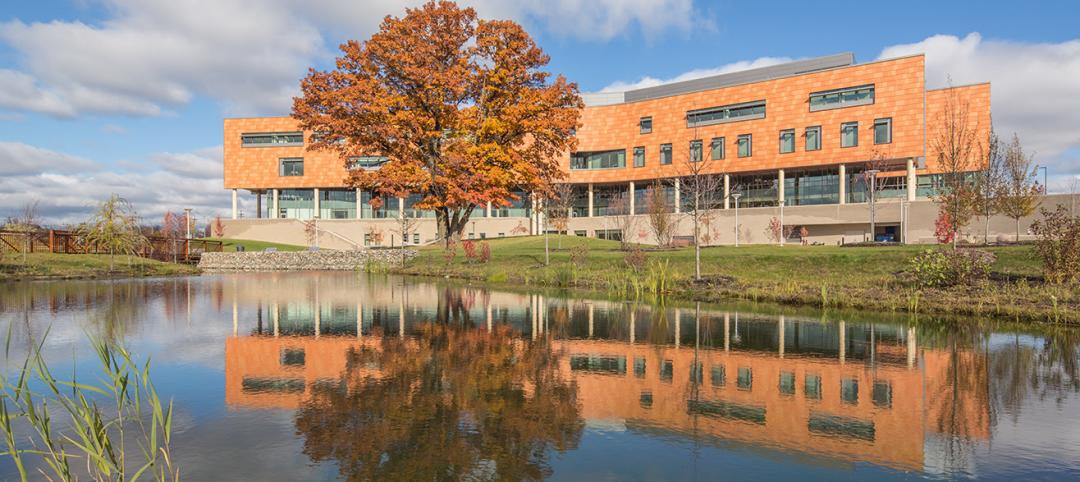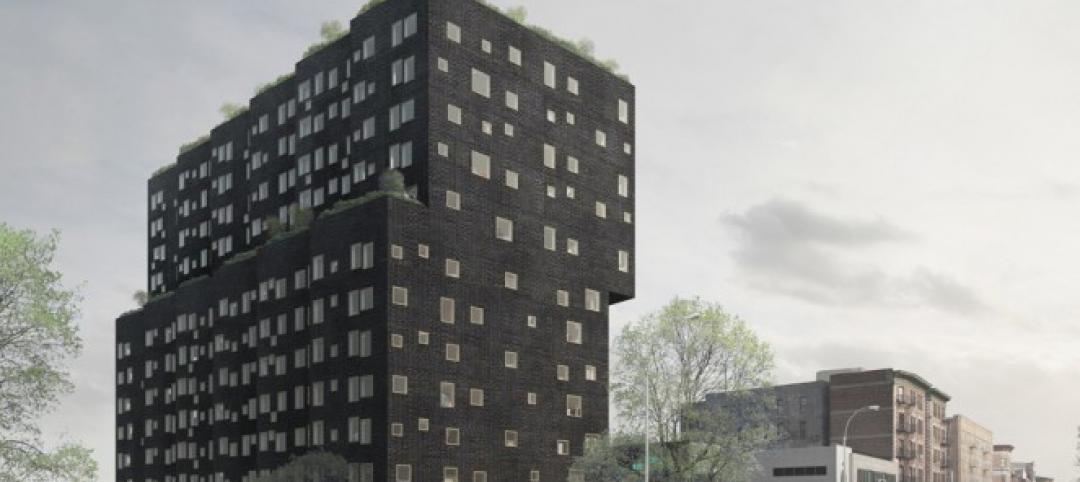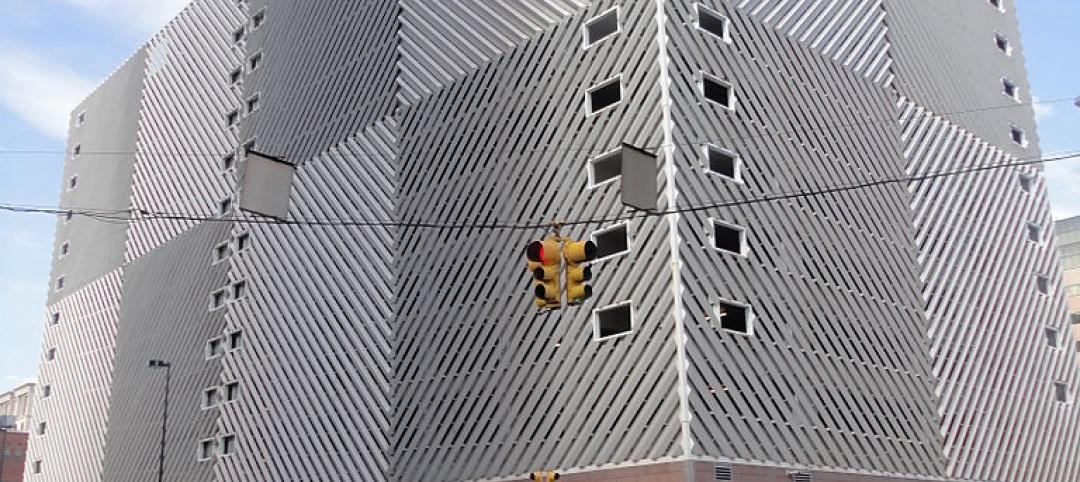New York City’s recently revealed Green Economy Action Plan includes the goals of the decarbonization of buildings and developing a renewable energy system. (Download the PDF report.)
The ambitious plan includes enabling low-carbon alternatives in the transportation sector and boosting green industries, aiming to create more than 12,000 green economy apprenticeships by 2040. It also funds a $100 million Climate Innovation Hub at the Brooklyn Army Terminal to develop green technology startups and businesses.
The plan will advance building resiliency projects, apartment building retrofits, solar panel and wind turbine installation, and deployment of EV charging stations.
New York City’s Industrial Development Agency will offer tax incentives to activate 500 Megawatts (MW) of battery storage capacity and support other green economy goals.
The plan was driven by quantitative industry analysis and input collected by Buro Happold from more than 100 stakeholders and partners.
Here are highlights of the plan:
Establishing a Climate Innovation Hub: NYCEDC will invest up to $100 million to develop a Climate Innovation Hub at the Brooklyn Army Terminal. This new space will accelerate commercialization pathways for climate tech startups and other green economy businesses. It will serve 150 startups over 10 years — generating $2.6 billion in economic impact and creating 600 jobs — while providing local workforce training and job placement, particularly for the local Sunset Park community.
Creating Green Training Facilities in Every Borough: NYCTalent — in partnership with other city agencies, as well as private partners — will develop a workforce training facility in every borough with programming to train New Yorkers for green-collar jobs. The plan will deliver more than 12,000 green economy apprenticeships by 2040 through efforts such as a green building and construction workforce pilot program on Governors Island to train more than 100 people per year for the first two years.
Activating a Harbor Climate Collaborative: The Brooklyn Navy Yard, NYCEDC, and the Trust for Governors Island are collectively investing $725 million to build a green economy ecosystem across 6-million-square-feet and 72 acres linked by NYC Ferry across New York Harbor. The collaborative will catalyze climate education, research, innovation, commercialization, and workforce development alongside partners from the private and nonprofit sectors. This work will build on a strong foundation of green economy projects such as the 400,000-square-foot New York Climate Exchange, an academic and research consortium anchored by Stony Brook University on Governors Island, and the development of 5-million-square-feet of net-zero manufacturing space at the Brooklyn Navy Yard.
Activating Public Sites for Electric Vehicle (EV) Charging: NYCEDC is activating two acres of land near JFK airport to create the largest EV charging facility in the city, with 65 public EV chargers including 12 rapid ones. The facility is currently estimated to charge 1,000 vehicles per year, with potential for growth depending on market demand. The Brooklyn Navy Yard is also installing over 80 EV chargers across its 300-acre campus, including infrastructure for commercial fleet charging and a dedicated public lot for neighboring residents. Together, these investments constitute some of the largest investments in EV infrastructure in outer borough job centers in New York City to date.
Creating Tax Incentives for Battery Storage: NYCEDC will utilize New York City's Industrial Development Agency tax incentives to activate 500 Megawatts (MW) of battery storage capacity and support other green economy uses. To date, the Industrial Development Agency has induced 200MW of storage capacity that is expected to come online in the coming years and generated nearly $500 million of private sector investment. Unlocking additional storage capacity will ultimately drive a stronger and more efficient renewable energy sector.
Related Stories
| Jul 10, 2014
New tool aggregates LEED project info for over 150 countries
The U.S. Green Building Council announced the launch of an expanded online data visualization resource that will allow any user to access aggregated LEED green building project information in the more than 150 countries with LEED projects.
| Jul 2, 2014
Emerging trends in commercial flooring
Rectangular tiles, digital graphic applications, the resurgence of terrazzo, and product transparency headline today’s commercial flooring trends.
| Jun 30, 2014
4 design concepts that remake the urban farmer's market
The American Institute of Architects held a competition to solve the farmer's markets' biggest design dilemma: lightweight, bland canopies that although convenient, does not protect much from the elements.
| Jun 30, 2014
OMA's The Interlace honored as one of the world's most 'community-friendly' high-rises
The 1,040-unit apartment complex in Singapore has won the inaugural Urban Habitat award from the Council on Tall Buildings and Urban Habitat, which highlights projects that demonstrate a positive contribution to the surrounding environment.
| Jun 19, 2014
First Look: 10 Design unveils new luxury apartments plan in Dubai
The Seventh Heaven complex features a stepped form that will offer stunning views of the Dubai skyline.
| Jun 19, 2014
Singapore's 'Tree House' vertical gardens break Guinness World Record
The high-rise development will have a 24,638-sf vertical garden, breaking a Guinness World Record.
| Jun 18, 2014
Largest Passive House structure in the U.S. to be built in Oregon
Orchards at Orenco, a 57-unit affordable housing complex in Hillsboro, Oregon, is the first of a three-phase, three-building complex.
| Jun 12, 2014
SmithGroup finishes 100th LEED-certified project
With the construction of the LEED-NC Platinum Oakland University Human Health Building, constructed in Rochester, Michigan, SmithGroupJJR recently achieved its 100th LEED certified project.
| Jun 11, 2014
David Adjaye’s housing project in Sugar Hill nears completion
A new development in New York's historic Sugar Hill district nears completion, designed to be an icon for the neighborhood's rich history.
| Jun 2, 2014
Parking structures group launches LEED-type program for parking garages
The Green Parking Council, an affiliate of the International Parking Institute, has launched the Green Garage Certification program, the parking industry equivalent of LEED certification.


